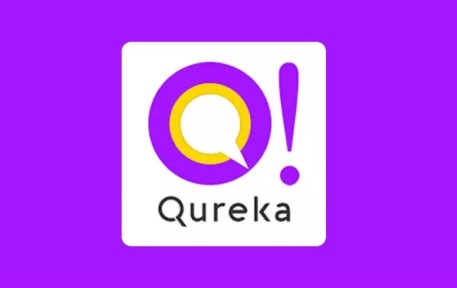In the ever-evolving technological landscape, software development has emerged as a crucial skill that propels innovation across industries. Learning about software development provides up various opportunities, from creating apps that simplify everyday tasks to constructing complex systems that drive businesses.
In 2020, it was predicted that the market for software development would be worth about $390 billion. By 2027, it’s anticipated to reach $1039 billion and a CAGR of 25.54%. Whether you’re a novice just getting started or wish to become an expert in the field, this comprehensive manual will guide you through becoming a professional software developer.
- Recognizing the Fundamentals
- Looking into Specializations
- Practical Projects and Training
- Learning from Others
- Formal Education vs. Self-Learning
- Advancing Technologies and Tools
- Create a Portfolio
- Job and Internship Opportunities
- Cooperative behavior and soft skills
- Constant Improvement and Learning
- The Bottom Line
Recognizing the Fundamentals
Designing, creating, testing, and maintaining software systems or applications are all part of software development. Programming languages, frameworks, and tools come in a variety. A smart place to start as a beginner is to learn the principles of programming languages like Python, Java, or JavaScript. You can lay a firm basis for your abilities by mastering these languages.
Start with online resources, coding tutorials, and interactive websites like Codecademy, freeCodeCamp, and Khan Academy. They offer well-structured courses that gradually reveal the basics of programming.. To effectively address problems in the real world, don’t only concentrate on grammar as you learn; get the rationale behind the code.
Looking into Specializations
The field of software development has a wide range of specializations. Front-end development includes the construction of user interfaces for direct user interaction. Back-end development focuses on application-driven server-side logic. Front-end and back-end components are both included in full-stack development.
You can also concentrate on creating websites, video games, data science, mobile apps, and machine learning. Investigate these topics to learn more about your interests and areas of strength.
Practical Projects and Training
Software development is a discipline where the adage “practice makes perfect” is accurate. Start working on projects once you have solid knowledge. Whether you’re constructing a straightforward web application, a simple game, or a solution to address a personal issue, pick projects that reflect your interests.
Projects provide you with practical experience and allow you to apply theory. You’ll encounter challenges and learn problem-solving skills that books cannot teach you. For project collaboration and change tracking, version control tools like Git are crucial.
Learning from Others
Developers with experience are a gold mine of information. Join online forums and groups like Stack Overflow, GitHub, and Reddit’s programming subreddits. Participate in debates, ask for support when needed, and lend others a helping hand. The software development community can benefit from networking since it opens up new learning opportunities and prospective partnerships.
Formal Education vs. Self-Learning
Many great developers are self-taught, even though formal computer science or software engineering schooling can offer a structured learning route. The secret is continuing your education. Keep up with current industry developments, programming languages, and best practices. Websites like Udacity, Coursera, and edX provide online courses on various software development topics.
Advancing Technologies and Tools
As you advance, become familiar with well-known frameworks, libraries, and software development tools. Learn about front-end technologies like React and Angular and back-end frameworks for web development like Django or Ruby on Rails. Look into Git and other version control software, which are crucial for project cooperation.
Create a Portfolio
Potential clients or employers can see your skills on display in a portfolio. It demonstrates your ability to apply academic knowledge to practical problems. Include a variety of projects that showcase your crafts in several different contexts. Create a personal website where you can display your portfolio, resume, and blog where you can share instructions and tips.
Job and Internship Opportunities
As you gain expertise, think of internships or entry-level positions with software development companies. During these interactions, participants are exposed to real projects, cooperation, and business practices. Look at American software development firms that match your goals and interests. Google, Microsoft, Apple, and Amazon are companies with a track record for innovation in the industry.
Cooperative behavior and soft skills
In addition to writing code, software development requires effective teamwork, problem-solving skills, and effective communication. When you collaborate, whether it be through pair programming or contributing to open-source projects, your skills advance. Soft skills like time management, adaptability, and communication are equally important for a successful career.
Constant Improvement and Learning
New technologies and methodologies are continually emerging in the software development industry. If you want to achieve and remain relevant, have an attitude of constant learning. Participate in conferences, read industry blogs, and enroll in online courses to stay current on advancements.
The Bottom Line
Finally, gaining skills in software development involves commitment, ongoing education, and practical experience. Understanding the principles, researching specialties, working on projects, gaining knowledge from the community, and responding to market trends are all ways to go from a novice to a pro in this fast-paced field. Remember that writing code is only one part of producing software; innovative solutions are also necessary.
You can join the ranks of talented software engineers revolutionizing the technology industry if you start down this exciting path and don’t lose your curiosity. As you advance, you can discover that you’re innovating and propelling the rise of well-known software development companies in the USA.



